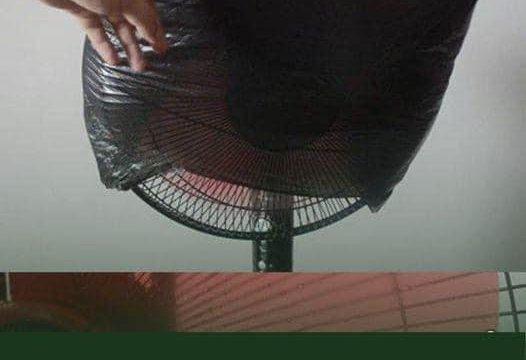When it comes to parenting, there is no one-size-fits-all approach. Every family is different, adopting a range of styles from strict discipline to more relaxed and open-ended methods. Emma, a 38-year-old mom, falls into the latter category. Recently, she shared her heartfelt story with Bright Side, describing her journey of breaking free from the authoritarian parenting style she experienced growing up. Now, Emma is reaching out to other parents for advice, as her unconventional methods have sparked criticism, especially from her husband and those around her.

Emma’s decision to take a different path in parenting is deeply rooted in her own childhood experiences. Growing up, she was subjected to strict rules and high expectations that took a toll on her mental health. “My parents were authoritarian, and the pressure they put on me was immense,” Emma recalls in her letter. “It led to anxiety and a strained relationship with them. For years, I didn’t even realize how much it had affected my self-esteem.”
Determined not to repeat the same mistakes, Emma vowed that when she had children, she would raise them in a more compassionate and understanding environment. Her aim is to create a home filled with love, respect, and open communication. “I want my son Georgie to feel heard and valued—something I didn’t always feel as a child,” she explains. “I believe it’s important for him to learn empathy and responsibility, but I want to guide him through these lessons rather than impose them through strict rules.”
Emma’s approach, however, has not been without its challenges. Her husband believes their son, Georgie, who is now eight years old, should learn traditional social norms, including the importance of apologizing and understanding consequences. This difference in parenting styles has led to frequent disagreements. Emma feels that forcing children to say things they don’t genuinely mean can cause psychological harm. “I won’t make my son say ‘sorry’ or ‘thank you’ if he doesn’t truly feel it,” she says. “Forcing these behaviors teaches children to be insincere, and that’s not what I want for Georgie.”
Emma’s parenting philosophy was put to the test during a recent incident at the playground. When Georgie pushed another child, Emma chose not to demand an immediate apology. Instead, she approached the other child and apologized on Georgie’s behalf, hoping her son would learn from her actions. Unfortunately, the other child’s mother was not satisfied and insisted that Georgie apologize directly. “When I explained that I didn’t want to force him to apologize because I believe it could be psychologically harmful, she called me an irresponsible mother,” Emma recalls.
This incident only added to the ongoing tension between Emma and her husband, who believes stricter discipline is necessary. Many of their friends and family members also disagree with Emma’s parenting methods. “Some people think that being a good parent means controlling your child’s behavior to maintain a certain image,” Emma says. “But I believe my role as a mother is to be a friend to my son, to help him understand his emotions, and to navigate the world alongside him.”
Despite all the criticism, Emma remains firm in her approach, which emphasizes creating a nurturing environment where Georgie can develop his own sense of freedom and responsibility. She stresses that this doesn’t mean she ignores her role as a parent. “I’m not saying I’m equal to my son, but I don’t see myself as superior to him either,” Emma explains. “We have a strong bond, and when I need time for myself, I tell him. Now, he’s learning to communicate his needs to me in the same way.”
However, the constant judgment from others has started to make Emma question herself. “I’ve always believed in my parenting style, and I’ve seen positive changes in Georgie because of it,” she writes. “But with all the criticism from my husband and other parents, I’m beginning to doubt myself. Am I doing the right thing for my son? Am I too relaxed in my approach, or is everyone else just too set in their ways?”
Towards the end of her letter, Emma makes a heartfelt plea to other parents. “I’d love to hear from others—what do you think of my approach? Am I wrong to believe that forcing kids to say ‘thank you’ or ‘sorry’ can be emotionally damaging, or is there a middle ground I haven’t considered?”
Emma concludes by reaffirming her love for her son and her desire to raise him with empathy and understanding. “I want Georgie to grow up feeling free, loved, and heard. My approach may not be perfect, but I’m trying my best to break the cycle I experienced growing up. I hope that counts for something.”
If you’re a parent, what do you think about Emma’s approach? Is this kind of parenting beneficial, or do you think more structure and traditional discipline is needed? Emma is genuinely curious to hear your thoughts.





